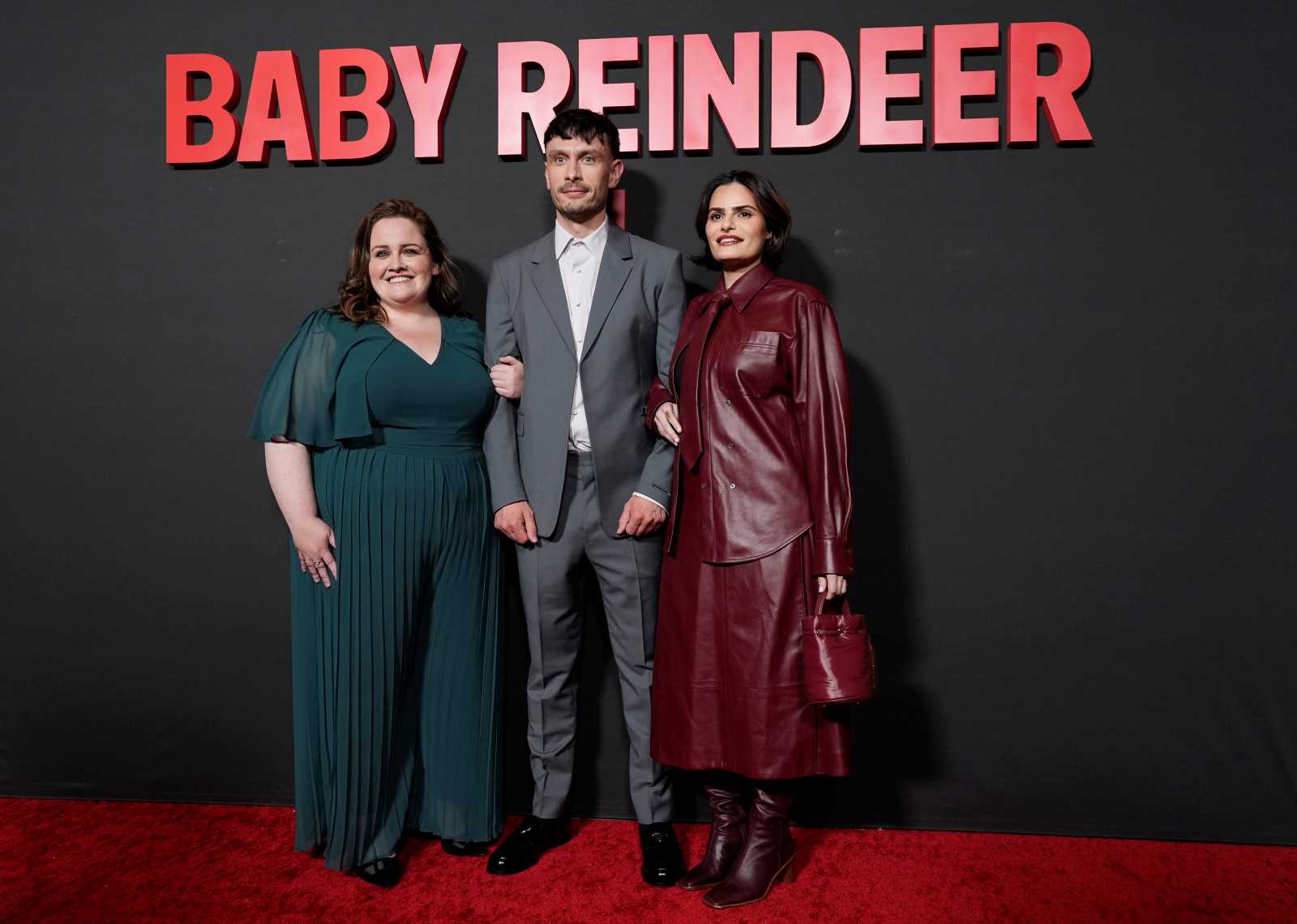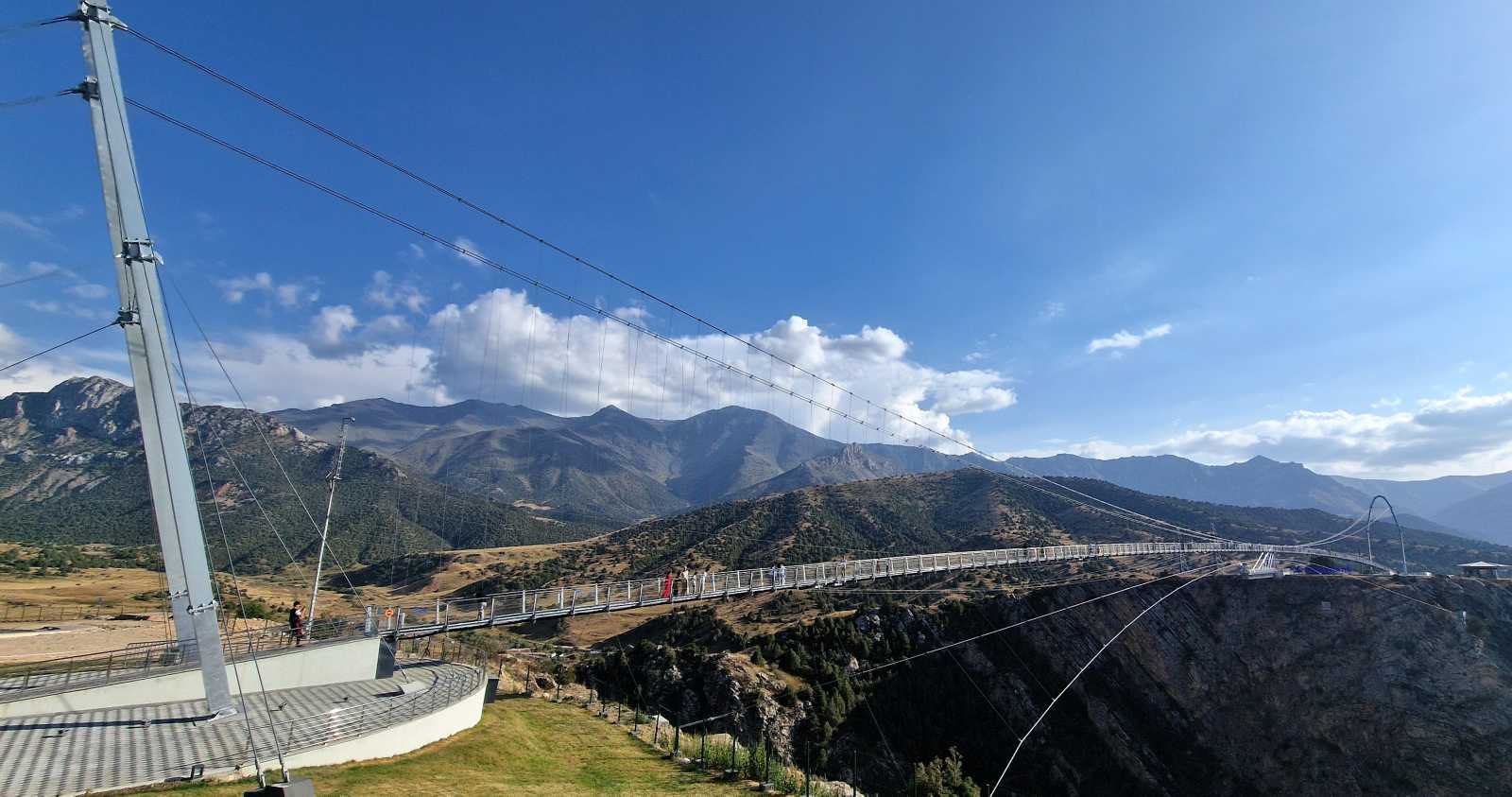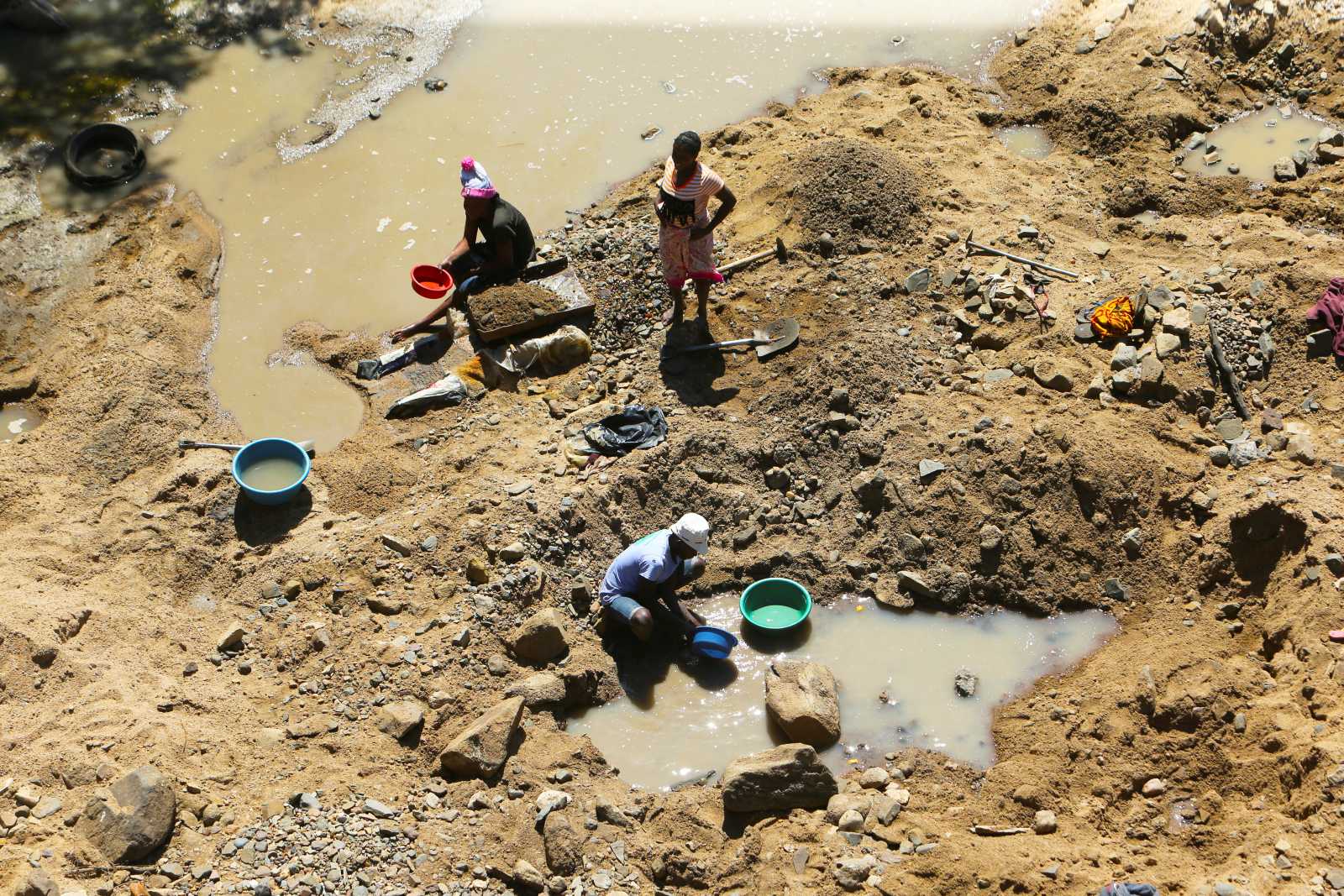German development agencies
Jakkie Cilliers’ views on reform
My experience is quite limited, relating to the capacity building services that Germany provides on conflict prevention, management and post-conflict reconstruction in Africa.
In the pursuit of efficiency and accountability, very important considerations, much of the work done by GTZ and InWent, the two organisations that I am most familiar with, is done by foreign, not African consultants or by the German staff of these organisations. This has two effects. First, net capacity building and transfer of skills is seldom achieved - in particular because of the practice to locate German 'advisors' within African organisations who are often inordinately powerful due to the fact that they, not the head of the organisation, control budgets and access to funding. Many of these advisors are truly committed to helping the continent and the organisation to whom they are seconded and would argue that they serve as a conduit to obtain funds from BMZ. This is often true yet this does not detract from the practical impact. Second, any efficiency savings are effectively lost through the higher than normal overhead costs due to effective existence of an additional layer of reporting and management.
Within Africa an organisation such as GTZ is perceived as a donor rather than a contractor/technical assistance agency. So it actually competes for funding with African-based organisations with the advantage that it operates 'inside the tent', at it can benefit from its knowledge and contacts within the German government community, can meet all required reporting standards and so on. The result is what ActionAid has called 'ghost-funding' or round-tripping. German support is presented as ODA but a substantial component actually reverts back to Germany. Harsh words, but Germany is not the only country guilty of this. Others, particularly UK support under the African Conflict Prevention Pool has many of the same characteristics.
None of this is intended, for often the appointment of advisors and the manner in which these agencies operate is a frustrated response to the lack of African capacity to manage donor assistance. Driven by an often obsessive requirement for original invoices, detail control of every cent and hence the consistent second-guessing of African officials in their decisions, many of these agencies have no choice but to ensure the establishment of effective systems of reporting and hence appoint competent people that they can trust, who speak German and are able to effectively explain and account. These challenges are difficult to overcome and something that the development community has been struggling with for several years with every funding innovation subject to its own shortcomings and problems.
One response is to take a real partnership and capacity-building approach where agencies first relax some of the current stringent reporting requirements while assisting African organisations to improve their internal systems, and then being flexible enough to adapt German reporting standards to those of their beneficiaries.







